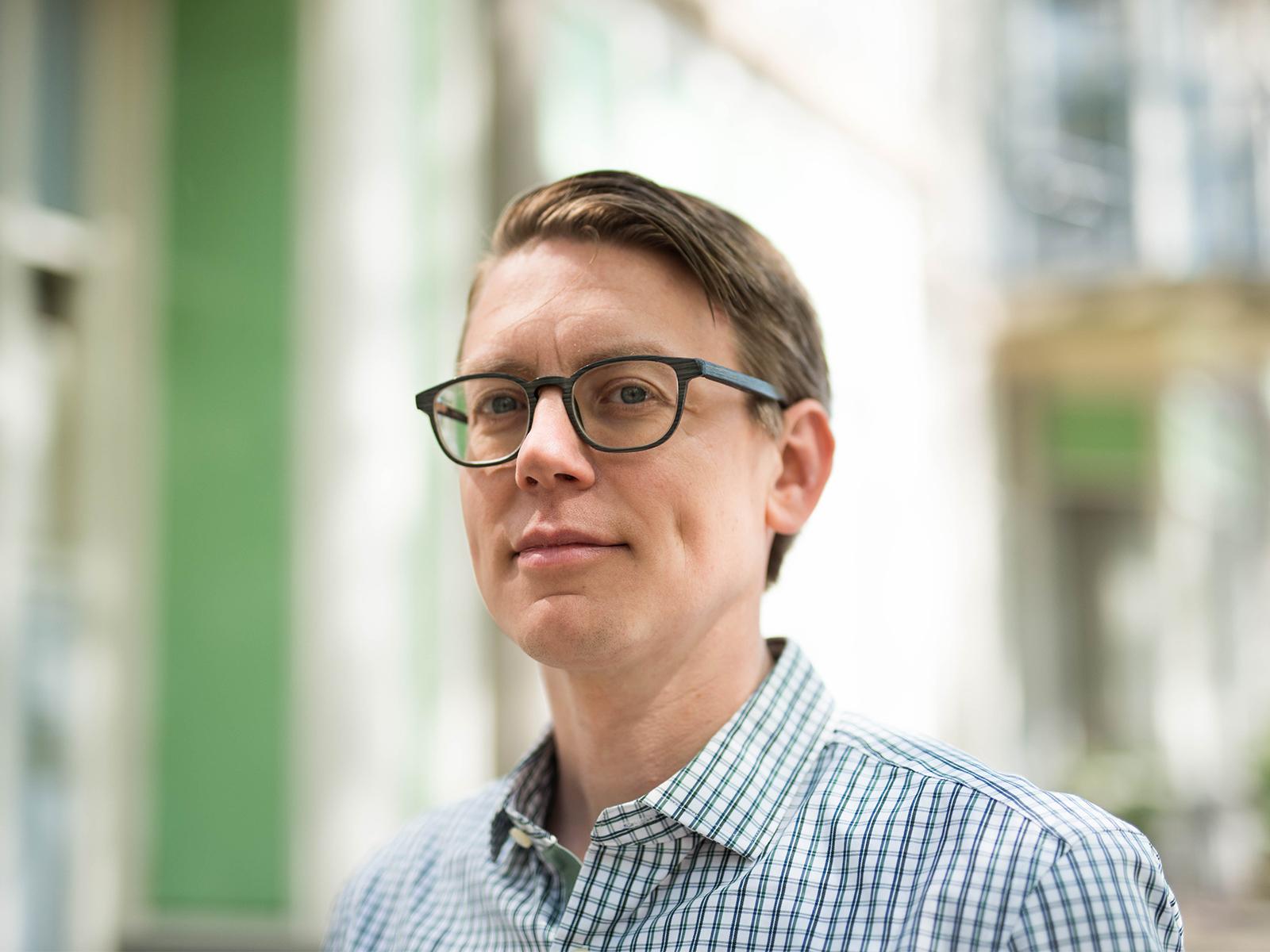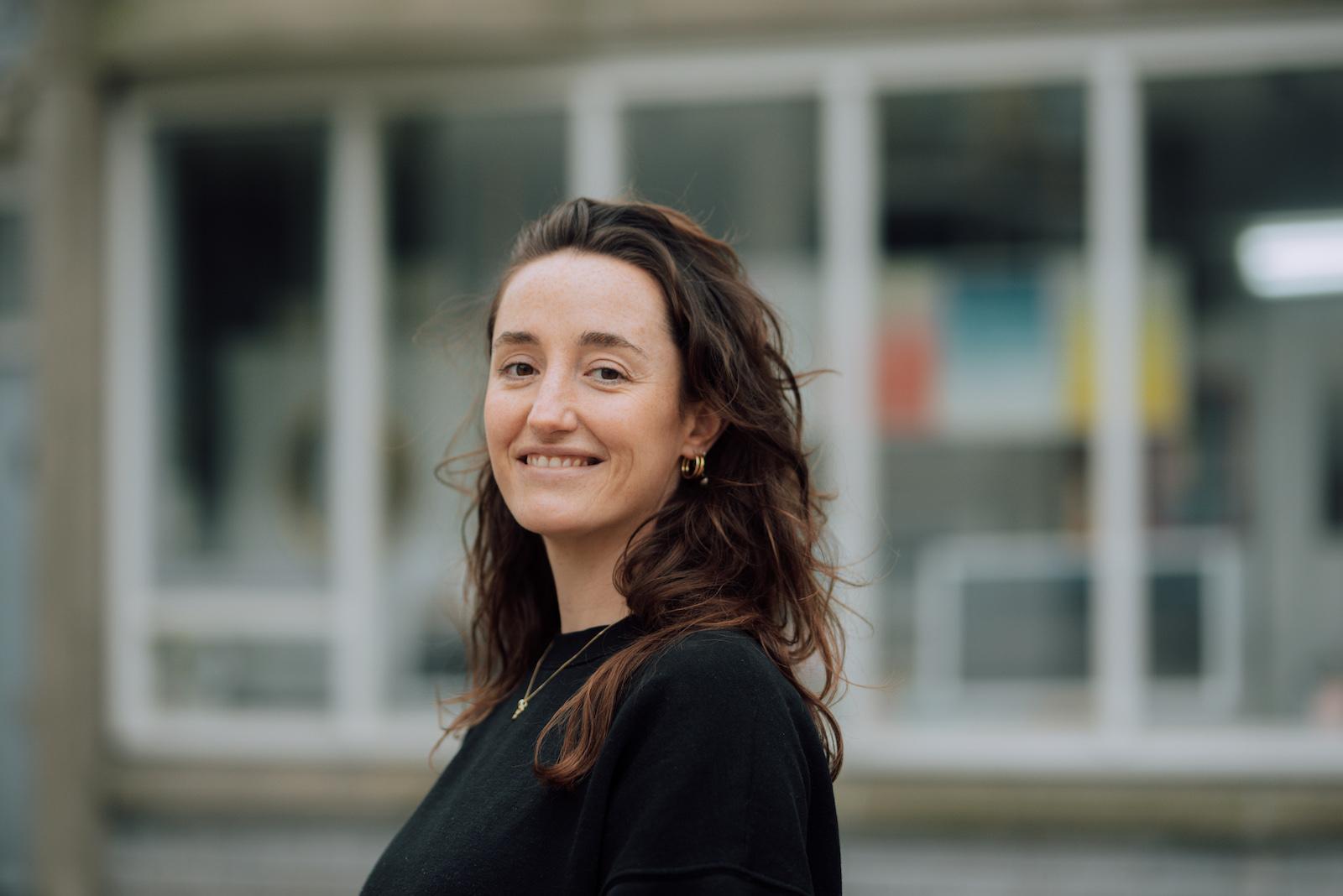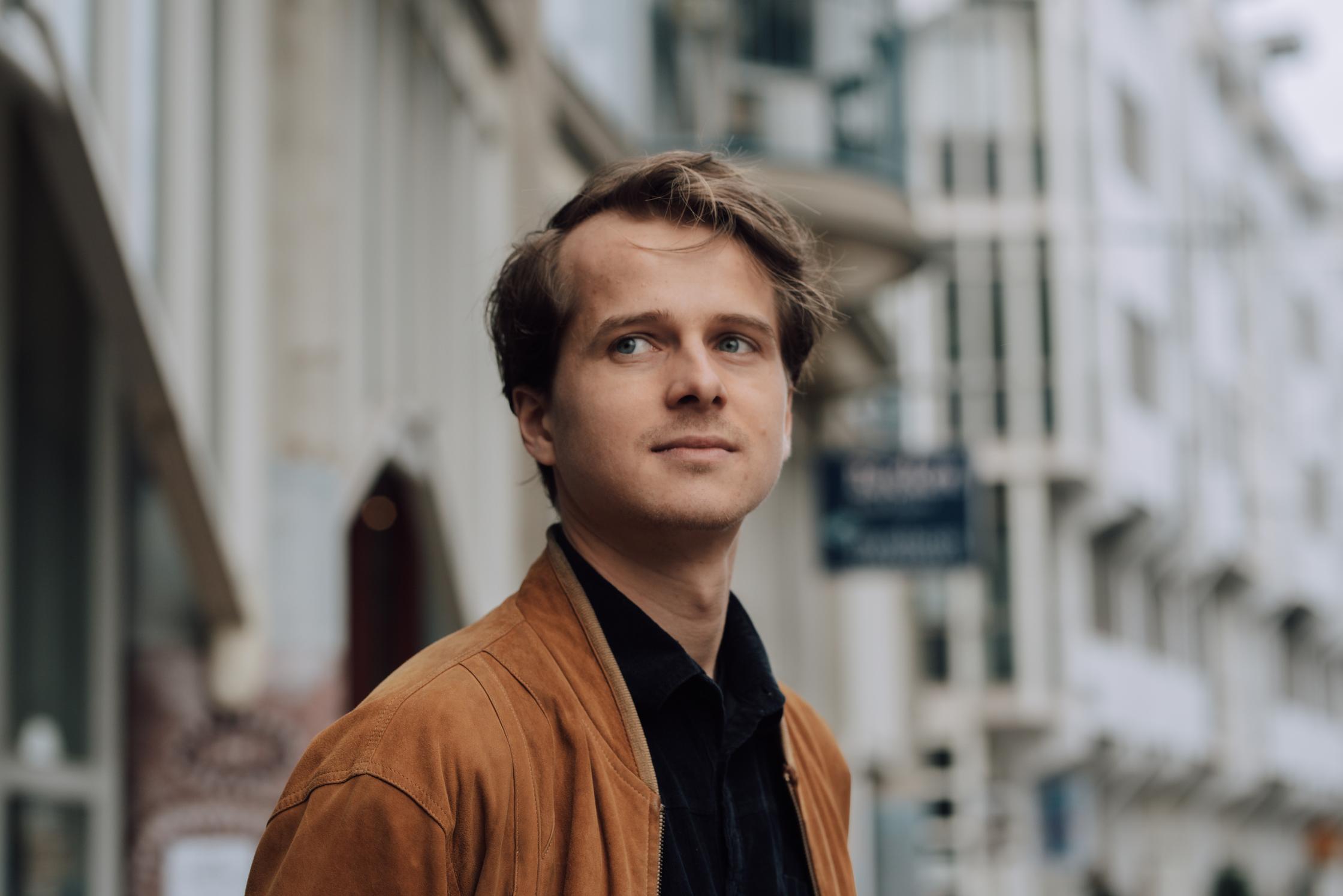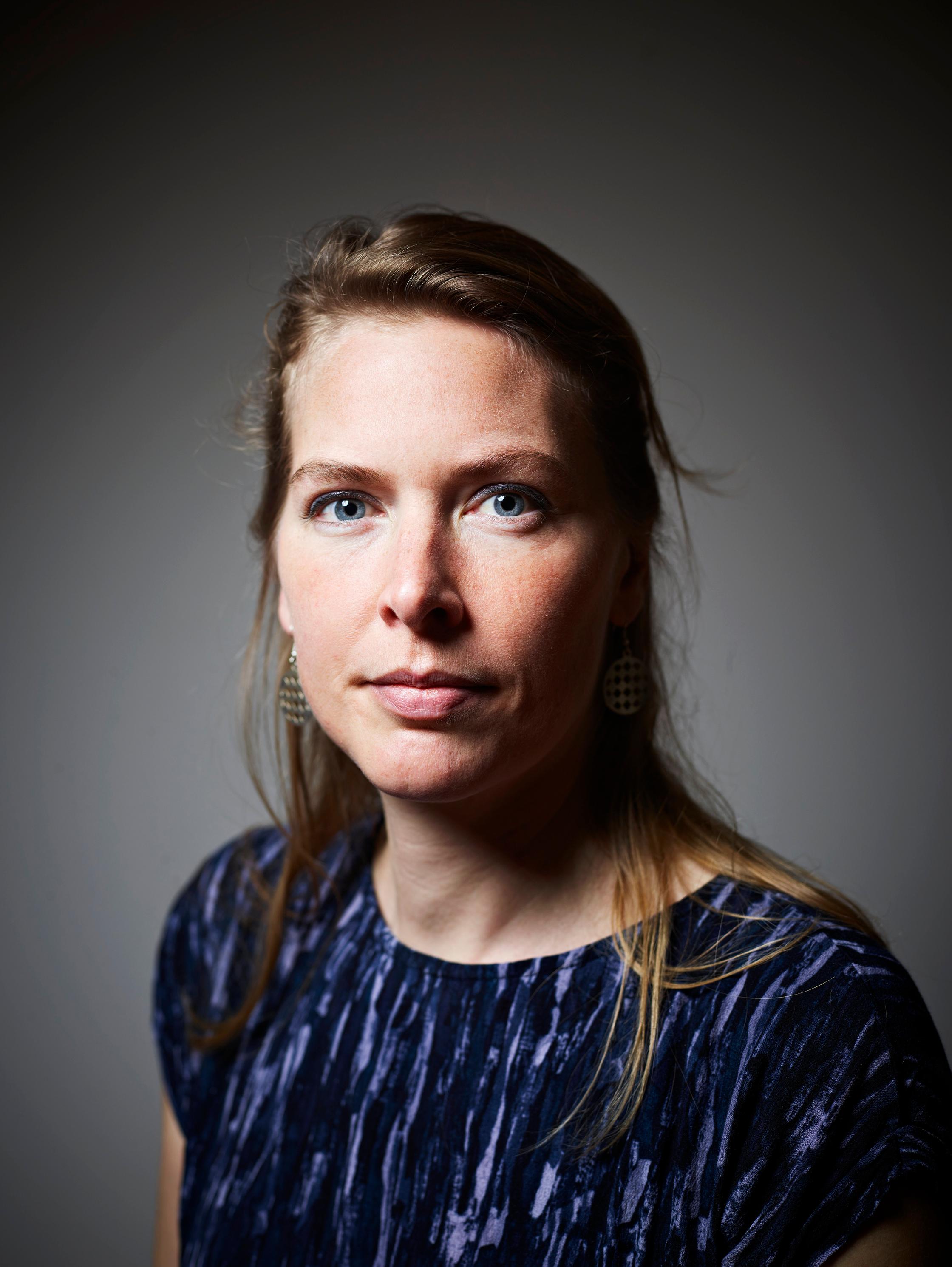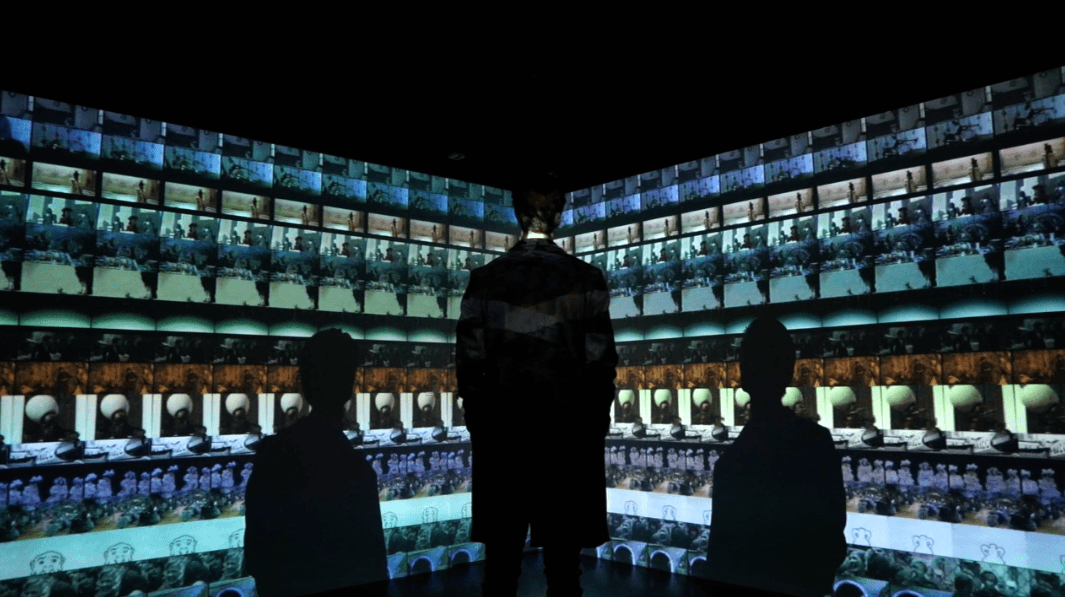Technology can best be compared to an iceberg: we are familiar with the interface of the app, but have no idea of what happens behind the scenes.
But behind those scenes, designers and developers make choices that, for instance, are not always in compliance with laws and regulations or have a major impact on how we behave.
The aforementioned choices are made in the design process that usually precedes the development of the technology. Usually, these design processes are not accessible to the public, but only to a select group of stakeholders such as designers, developers and investors. Recently, there is greater emphasis on 'the user' in the design process, but the user is not always treated as a citizen. Users as citizens have rights and obligations and must be able to make deliberate actual choices when considering whether or not to use specific technology.
Therefore, we distinguish between services built on the basis of a Public and a Private Stack. An application with a Private Stack is a Stack based on the interests and revenue model of a limited group, such as the investors and the brand owner. The user of the technology is not being treated as a citizen: she has insufficient control over what is done with here data. We may speak of a Public Stack if the citizen perspective is used as a point of departure. Public Stack technology treats the citizen as a citizen and accordingly respects her civil rights and autonomy.
Together with INFO, TU Delft (Cities of Things Lab), Waag dove into the design process of two different digital services: the design process of an open source service and a design process of a service commissioned by a commercial client. Based on these findings, we investigated and designed the conditions and methodologies suitable for a public stack design process. Subsequently, we tested the methodologies with service designers on a number of ongoing INFO projects. As a result we published an overview of public stack proof conditions and methodologies together with visiting professor Iskander Smit and Professor Elia Giaccardi of the Design Lab Cities of Things.



